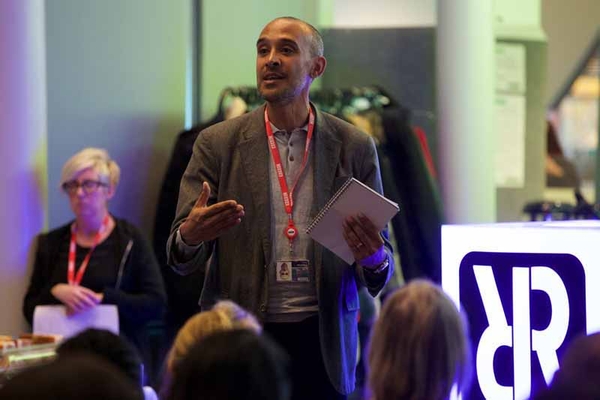Marcus Ryder: What the BBC White Paper means for diversity
Thursday was an important day for diversity in the media as the government announced a White Paper which enshrined diversity in the BBC charter– but what it really means in reality will all be in the small print.
The Royal Television Society is a charitable organization whose remit is to encourage and celebrate the understanding of television and its related fields. As Chair of the Diversity Committee here is my guide as to what people should be looking out for in the coming months:


